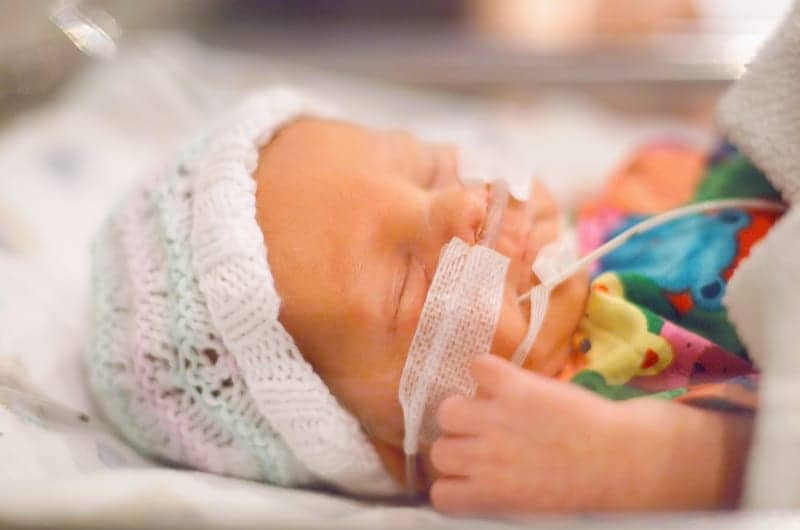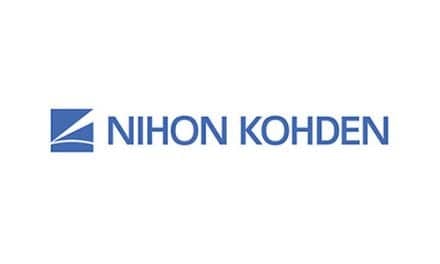AstraZeneca has announced new data that shows hospitalization rates significantly increased for RSV during the 2014-2015 RSV season among preterm infants when compared to the 2013-2014 season. Specifically, the infants were <3 months of age born at 29-34 weeks gestational age, or wGA. The data was based on data from over 2.2 million US infants and represent the first and only analysis conducted using national US Medicaid and Commercial insurance claims databases to further understand the changes in both immunoprophylaxis (IP) utilization and RSVH (respiratory syncytial virus hospitalization) rates, according to an AstraZeneca news release.
The results showed that among the <3 months old infants, RSVH rates increased by 170% and 40% within the commercial and Medicaid populations, respectively, during the 2014-2015 season when compared to the prior season. Also, the RSVH rates for <6 months old infants who were born at 29-34 wGA were 2-7 times higher than RSVH rates for <6 months old infants who were born full term in the 2014-2015 season.
IP use during the 2014-2015 season decreased by 45-94% and 65-95% among commercial and Medicaid populations, respectively, versus the 2013-2014 season, according to the AstraZeneca news release. The results are based on data that evaluate independent changes in RSVH rates and IP utilization preceding and following the 2014 American Academy of Pediatrics guidance.
Dr Leonard Krilov, a pediatric infectious disease specialist at Winthrop-University Hospital, says, “RSV disease, a leading cause of hospitalization for babies in their first year of life in the United States, can be especially severe during the first few months of life, creating a significant burden on individual infants, their families and the health care systems who treat these vulnerable patients. These data emphasize the importance and risk of this disease in infants.”
RSVH rates and increases of RSVH rates in the 2014-2015 RSV season were highest during the first 3 months in life for infants born at earlier gestational ages, notes the AstraZeneca news release. “These data confirm that preterm infants – specifically those born at 29-34 wGA – are at an increased risk for hospitalization for severe RSV disease,” Krilov says. “Contributing new data to the scientific conversations among key industry stakeholders allows us to further the conversation around severe RSV disease both at this meeting and for future RSV seasons to come.”
The research was presented as a poster at the annual Academy of Managed Care Pharmacy (AMCP) Nexus meeting in National Harbor, MD.
Source: AstraZeneca










